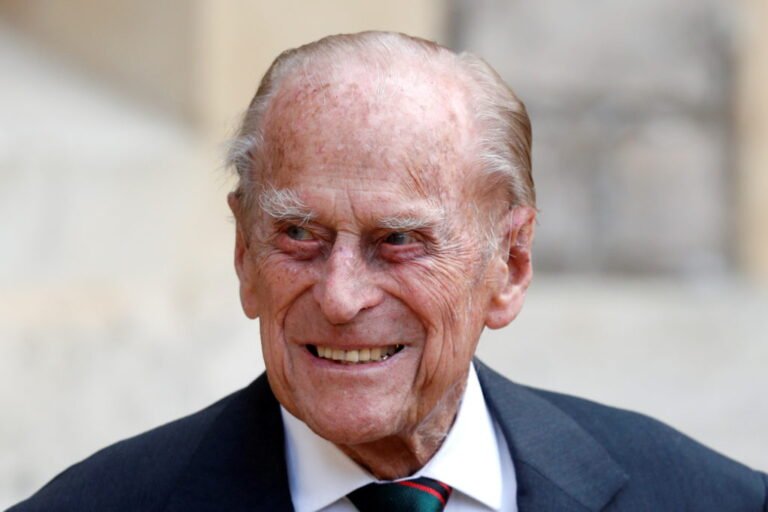Prince Philip, the Duke of Edinburgh, was born on June 10, 1921, in Corfu, Greece, into the Greek and Danish royal families. However, his family was exiled from Greece when he was just an infant. This tumultuous start marked the beginning of a journey that would see Philip become a significant figure in the British Royal Family. He moved to France and later to the United Kingdom, where he received his education at schools such as Cheam and Gordonstoun, which instilled in him a sense of discipline and resilience. These early experiences shaped his robust character, a quality that remained evident throughout his life.
Naval Career and Marriage to Queen Elizabeth II
Philip’s naval career began in 1939 when he enrolled at the Britannia Royal Naval College in Dartmouth. It was here, during a visit by King George VI and his family, that he first met Princess Elizabeth, who would later become his wife. During World War II, Philip served with distinction in the British Royal Navy, participating in several key battles and rising to the rank of commander by the end of his service. His marriage to Princess Elizabeth in 1947 was a union that would provide significant stability and support to the monarchy, particularly when Elizabeth ascended to the throne in 1952 following her father’s death.
Contributions to Public Life and Philanthropy
As consort to the Queen, Prince Philip had no constitutional role, but he used his position to effect substantial change within British society and beyond. He founded the Duke of Edinburgh’s Award in 1956, a program aimed at encouraging youth to become involved in community service, skill development, and physical challenges. This initiative has since expanded globally, positively impacting millions of young people. Additionally, he was involved in over 800 organizations, often focusing on his interests in science, engineering, and the environment. His patronage extended to initiatives that promoted wildlife conservation and technological research, which underscored his commitment to progressive causes.
Modernizing the Monarchy
Prince Philip played a crucial role in modernizing the British monarchy, often behind the scenes. His influence was pivotal during the 1960s when he supported the decision to televise the Queen’s Christmas speech, which helped humanize the monarchy and connect it with the broader public. His forward-thinking approach also led to the royal family’s adoption of modern media and communications technologies. His efforts to streamline and modernize the operations of the royal estates and his advocacy for efficiency in all aspects of royal duties highlighted his pragmatic and hands-on approach to his duties.
Challenges and Controversies
Despite his contributions, Prince Philip’s life was not without controversy. Known for his sharp wit and occasional gaffe, his remarks sometimes sparked criticism and highlighted the challenges of maintaining royal decorum in a rapidly changing world. Nonetheless, these moments were also a testament to his unscripted nature and genuine personality, which many found refreshing in the often tightly scripted royal protocol.
Final Years and Legacy
In his later years, Prince Philip stepped back from his active public role, retiring from royal duties in 2017 after completing over 22,000 solo engagements. He passed away on April 9, 2021, at the age of 99. His legacy, particularly through initiatives like the Duke of Edinburgh’s Award and his environmental advocacy, continues to influence generations. His steadfast support of the Queen and his service to the United Kingdom endure as his lasting contributions to a nation and a family that he served with a deep sense of duty and commitment.
Conclusion
Prince Philip’s life story is one of resilience, adaptation, and dedicated service. From his early years as a royal in exile to his decades as the Queen’s consort, his impact on the royal family and on British public life was profound. His efforts to modernize the monarchy and his work in various philanthropic and environmental causes have left an indelible mark on the world. As we remember Prince Philip, we reflect on a life that, despite its challenges and controversies, was invariably committed to public service and duty.

